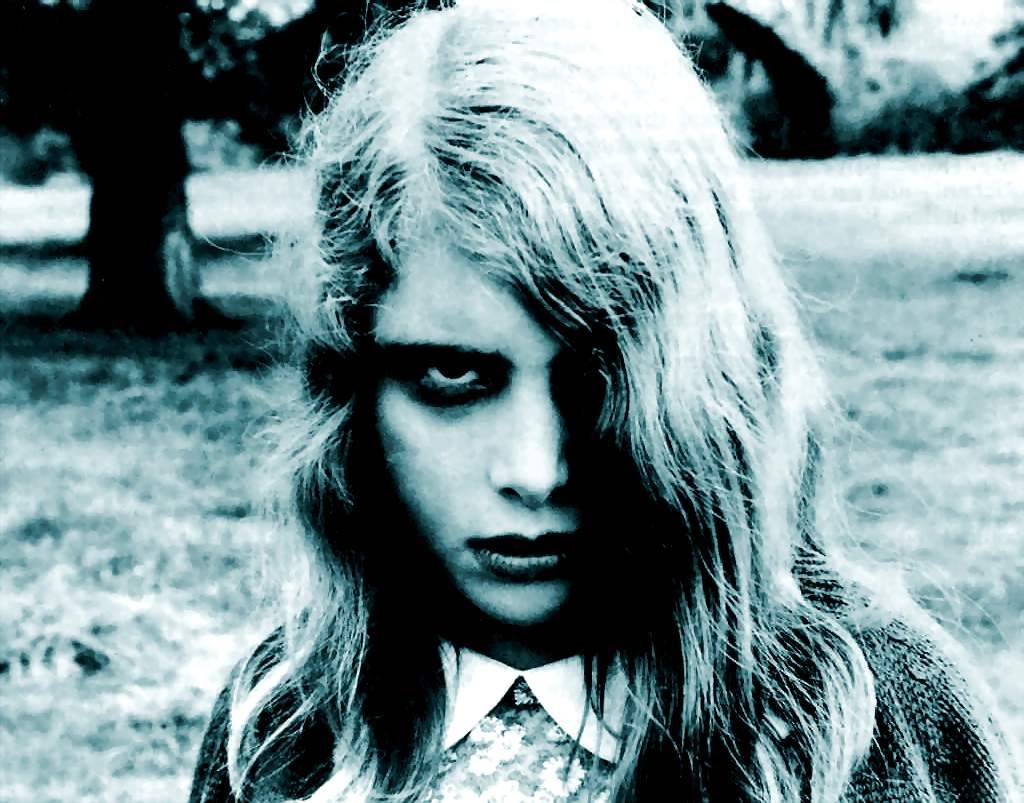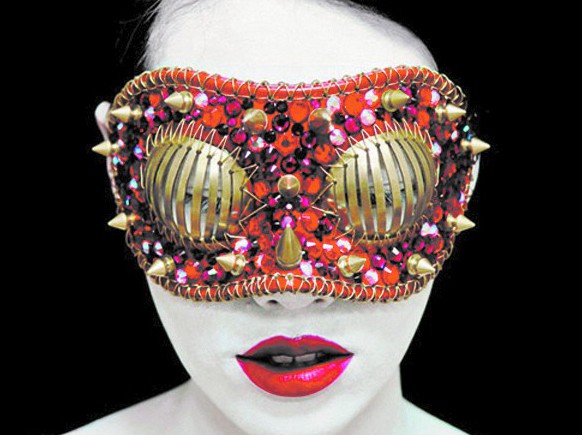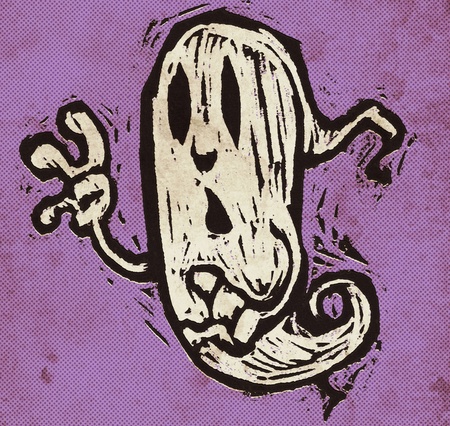Halloween is a favorite time of year for many people, especially those who love to partake in all of the spooktackular festivities, but unfortunately this holiday can be a nightmare for many pets, in some cases even ending in tragedy.
For pets, negative factors include increased traffic around the home, including strangers dressed in peculiar costumes, as well as the delicious treats around the house that are meant for human consumption and make pets ill when ingested. Even worse, there are accounts of pets being stolen by members of quasi-cults who cross the line and abuse animals, performing meaningless rituals involving animal torture and sacrifice.
With these risks in mind, the Suffolk County SPCA has provided these simple guidelines to make Halloween safe for your companion animals:
• Keep your pet away from the front door. Your pet may become frightened from the bell ringing all day and may dart out through the open door. Your dog may also feel the need to protect its home and owner and bite the different-looking visitors that are trick-or-treating.
• Don’t leave your pet outside on Halloween. They may be injured, stolen or killed by pranksters. Black cats are particularly at risk.
• Do not allow your pets to eat trick-or-treat candies, which may be poisonous or harmful.
• Do not use candles to illuminate Halloween pumpkins. Pets may tip them over and cause a fire.
• Halloween decorations should be kept out of pets’ reach. Items like spider webbing and balloons can be deadly if swallowed.
• Don’t dress your pet in a costume unless you know it loves wearing a costume. This may put added stress on the animal. If you do dress up your pet, make sure that the costume isn’t constricting or unsafe. Do not obstruct vision and be sure there is no risk of strangulation by novelty headdresses placed on your pet. Remove the costume from the pet when it’s left unattended.
• Be sure your pet has proper identification on at all times.
• Know your veterinarian’s number and keep it listed with your other emergency numbers. Post numbers on the refrigerator to keep them handy. Being able to react quickly in an emergency could save your pet’s life!
• Report any acts of cruelty or neglect to the Suffolk County SPCA at 631-382-7722. All calls will be kept confidential. Remember: Halloween can be fun for kids, but can be very frightening and dangerous for our animal friends. Your dog or cat counts on you to keep it safe and secure. Contact: Suffolk County SPCA, 631-382-7722, www.suffolkspca.org.
Chocolate: Delicious and Deadly
Many people do not realize that chocolate can be poisonous to their pets. It can be toxic, and sometimes fatal, for animals.
Chocolate is made from the fruit (beans) of the cacao plant. The toxic compounds in chocolate are specifically theobromine and caffeine. In most chocolate compounds theobromine is the predominant toxic component, and caffeine is present in lower concentrations.
“The toxicity of theobromine is dose dependent,” explains Dr. Diane Levitan, hospital director for the Center for Specialized Veterinary Care in Westbury. “This means that the size of the pet, the type of chocolate and quantity of chocolate determines how toxic it is for the pet.”
According to Levitan, “The initial clinical signs of chocolate poisoning are seen two to four hours after ingestion, and may include hyperexcitability, nervousness, trembling, panting, vomiting, diarrhea, excessive thirst and excessive urination, muscle spasms, seizures, coma and death.”
If you suspect that a pet has eaten chocolate, call the toll free number
(877) HELP PETS or your veterinarian for advice.
Contact: Dr. Diane Levitan, The Center for Specialized Veterinary Care,
516-420-0000.
Black Cat History
History notes that the ancient Druid priests believed that cats were once human beings who were reincarnated as cats as punishment for evil deeds. Because of this the Druids held cats sacred and involved them in their worship of Oct. 31 and Nov. 1.
After Christianity spread to Europe, black cats were thought to be witches in disguise and were burned on Halloween. Sadly, to this day, groups that practice sacrificial rituals, such as some of the satanic cults, still are using animal (and human) sacrifices in their torturous ceremonies. To the few who are superstitious, black cats are viewed to represent evil or bad luck. The truth is, they are just magnificent animals that possess a unique-colored coat of fur.
Do not let your pets out of your sight during Halloween and the night before, which is Devil’s Night, a night when mischief and extreme pranks take place. All animals should be kept indoors, no questions asked. If you own a black cat, it is imperative that you do not let it outdoors—no matter what. Also, keep a keen eye out to see what your pet is eating, and have your children do the same. Explain to the kids that the family pet is on a strict diet of pet food and the yummy treats are for the kids to enjoy only. Have a safe and wonderful holiday!
In case of a pet poisoning emergency, contact: Animal Poison Control Center,
(800) 548-2423.







